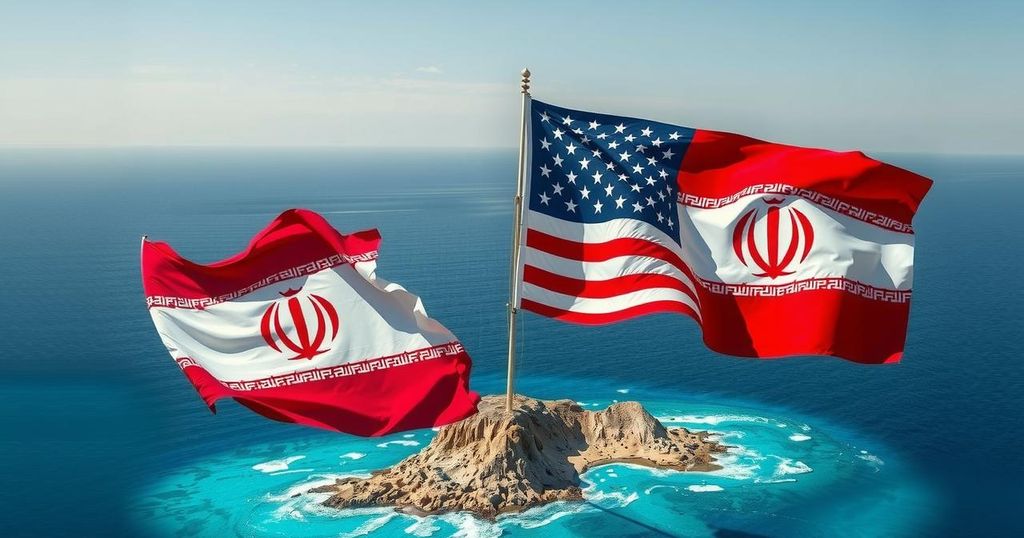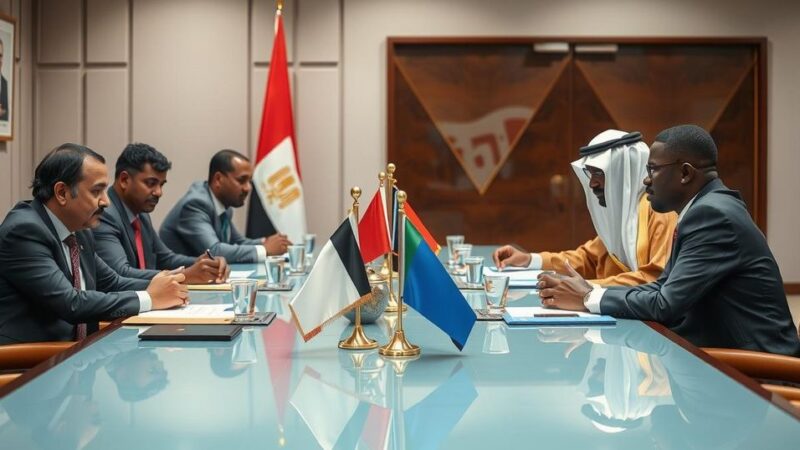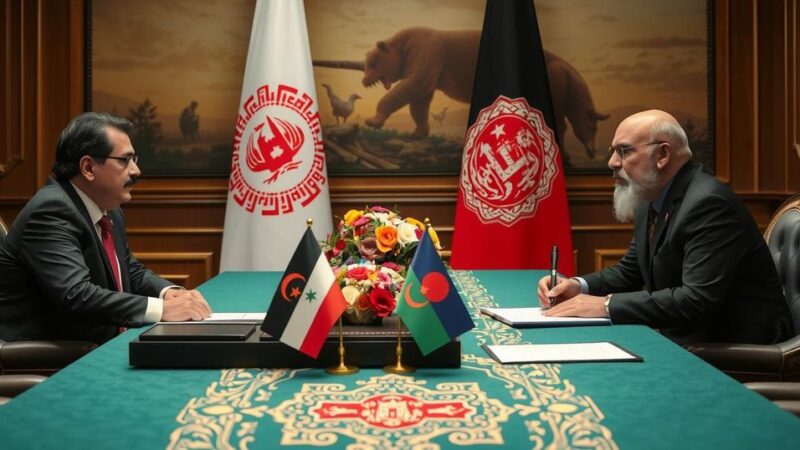The conflict between Iran and the UAE over three strategically crucial islands in the Strait of Hormuz highlights the intersection of territorial sovereignty, regional security, and economic interests in oil transportation. Administered by Iran since the 1970s, the UAE asserts historical rights to these islands, complicating an already tense geopolitical landscape in the region.
The dispute over three small islands situated in the Strait of Hormuz—Abu Musa, Greater Tunb, and Lesser Tunb—has been a long-standing issue between Iran and the United Arab Emirates. These islands hold significant strategic and economic value, particularly as they are located along one of the world’s busiest maritime routes for oil shipments. This geographical positioning makes control over them critical for shipping traffic and national security.
Iran has administratively controlled the islands since 1971, which has prompted the UAE to assert its sovereignty over them by claiming historical ties. The situation has been further complicated by the geopolitical tensions in the region, including Iran’s nuclear ambitions and the UAE’s alignment with Western interests. As major oil exporters, both nations are acutely aware that any instability in the region can have ramifications for global oil supply and prices, thus adding an economic dimension to the territorial dispute.
In the wake of heightened tensions, dialogue between the two nations has been scarce. The United Nations and other international entities have previously recommended peaceful negotiations to resolve the dispute, but with increased military presence from surrounding nations, the potential for conflict has not diminished. Meanwhile, both nations continue to prepare for any eventualities over these strategically vital islands.
The conflict over Abu Musa and the Greater and Lesser Tunb islands exemplifies the broader historical and geopolitical struggles in the Gulf region. After the British withdrawal from the Gulf in the early 1970s, Iran’s actions in seizing the islands led to a series of diplomatic confrontations with the UAE. Historical documents and various treaties from before 1971 are often cited by both parties to support their claims, adding layers of complexity to the issue. The surrounding geopolitical climate, particularly with the involvement of global powers and shifting alliances, further impacts the dispute as both nations aim to fortify their regional influence.
In conclusion, the territorial dispute over the three islands between Iran and the UAE remains unresolved, reflecting deeper geopolitical dynamics in the Persian Gulf. The strategic importance of these islands underscores their role in regional security and economic stability, particularly concerning oil exports. Despite calls for diplomatic resolution, the enduring tensions and national pride continue to perpetuate this long-standing contention.
Original Source: www.rferl.org







